5 Nights / 6 Days
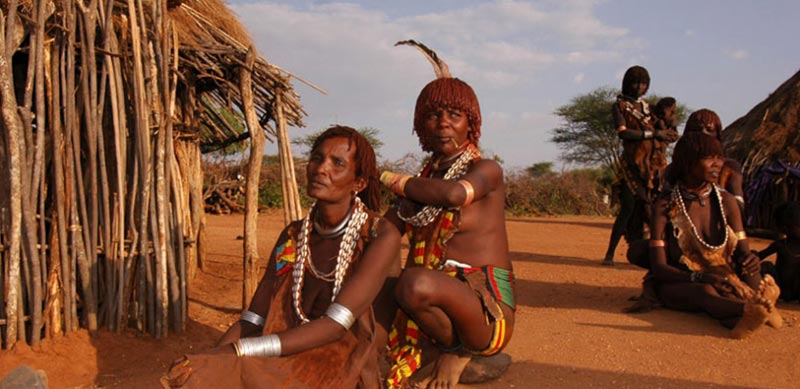
Have a sightseeing tour in Addis Ababa city.
Explore Lake Chamo with boat cruise and Dorze village.
Experience the untouched south Omo valley cultural tribes.
Witness the colorful weekly markets in the south Omo Valley.
Trip Summary
Though a week isn’t enough to explore all the wonders of the Omo valley divers culture, this itinerary does its best, taking you fly down to Arba Minch to help you cut out one full day drive to get in there and going down to the Omo Valley peoples with the 4 WD car, passing through the magnificent Konso tribes and the colorful Kay Afer market, and proceed further down to the Mago national Park to see the Mursi tribes and on the same day arrive to Turmi for the spectacular cultural insights of the Hamer tribes.
After your immediate excursion in the early morning to the Karo tribes you drive came back to Arba Minch to get the next day flight to setoff to Addis. If you are thinking to have less than a week Holiday here in the south Omo Valley of Ethiopia, this trip will be realized your dream vacation to have a highlighted cultural experience to the cultural peoples.
On arrival in Addis Ababa you will be met at the airport and transferred to the hotel. Addis was founded in 1886 by Menelik II, and situated at an elevation of around 2438m which makes third highest capital city in the world. Addis Ababa enjoys an excellent climate all year round, with an average temperature of 25°C. we will start our site-seeing by National museum which houses some of the country’s historic treasures. The collection of fossils and bones of early hominids discovered in Ethiopia include the 3.5 million year old remains of ‘Lucy’, the oldest hominid every found. Proceed visiting to the two major highlights of the city, the Ethnographic Museum and the church of the Holy Trinity, Ethiopia’s main cathedral and home to the remains of the last emperor, Haile Selassie.
In the morning have a sightseeing tour in Addis Ababa and then transfer to the Airport for our flight down to Arba Minch where our 4 WD car with driver will waiting us at Arba Minch Airport and then start driving 40kms northwest of Arba Minch to Guge Mountains to visit the Dorze and Chencha villages. Once warriors, the Dorze have now turned to farming and weaving to earn a living. They speak an Omotic tongue and the Dorze name is synonymous with the best woven cotton cloth. Also, the Dorze beehive-shaped houses are constructed entirely of organic material and has its own small garden surrounded by beds of spices, cabbage and tobacco. Some of Ethiopia’s best woven cottons come from Chencha, which is located 8 km northwest of Dorze Village. Men weave and women spin. In the late afternoon drive back to Arba Minch.
Early morning drive to Konso where colorfully costumed dress, impressive terracing of the land and unusually engraved wooden statues used as grave markers can be seen. Differing from their neighbours, the Konso are pure agriculturists, famed for their use of the stone terraces that they utilise to such good effect in this dry and barren region of basalt hills. Originally from the east and speaking an east Cushitic language, the Konso live in settlements that are surrounded by stone walls. The age of each town is classified by a generation pole and each family lives in compounds that are accessible only through gateways that require the visitor to enter on all fours thereby rendering any potential attackers vulnerable.Keep driving to Key Afer for the colourful Thursday market where we should see and photographed the Ari, Bena, Hamer and Tsemay people. The Bena and Hamer women usually favour red clay braids in their hair, shiny with butter and perfumed with incense. The long beaded skirts of the Tsemay have a stick incorporated in the back to denote a married woman and the men have elaborately plaited hairstyles decorated with feathers and colourful beads. After visiting the market we drive on to Jinka, often called the gateway to the Omo Valley.
Early morning drive to Mago National Park, from here, visit the Mursi highlands where the most illustrious of Ethiopia’s unique tribes lives. The Mursi are known all over the world, for their decorative lip plates that adorn the lower lips of the Mursi women. The plates stretch the lower lip beyond imagination and the women’s beauty , pride and desirability is determined in direct proportion to the size of the plate. The Mursi men and women may appear gracious but the Mursi warriors are not to be sneezed at. On their arms are deep crescent incisions that represent each enemy they have killed in battle. The men are also famous for their hairstyle. The various cultural aspects of the tribe will be explained and you will be able to take their photographs but not for free. Back to Jinka for your lunch.In the afternoon we will continue driving through the Omo Valley region to Turmi via Dimeka for visiting the Hamer tribes. The Hamer tribe is one of the largest groups in the Valley. The Hamer cultivate millet, vegetables, tobacco and cotton as well as raising cattle and goats. They are known for the fine pottery they produce as well as their remarkable hairstyling. Most dramatic of all are the clay hair buns with ostrich feathers that the men don when they have killed a fierce animal. The Hamer women are simply stunning. The women wear beaded necklaces and iron coils around their arms and decorate their skin with cowry shells. These decorations indicate the wealth and prestige of a woman’s husband.
This day morning, we continue through the savannah along tracks that are barely visible, passing through a vast meadowland with shrubs and umbellifers (‘umbrella’ acacia trees) for an excursion to the Murulle area. We arrive at Korcho village with beautiful views over the Omo River to see the Karo ethnic group, experts in body painting, using clay and locally available vegetable pigments to paint fantastic patterns on each other’s faces, chests, arms and legs. These designs have no special symbolic significance, but are created purely for fun and aesthetic effect, each artist vying to out-do their fellow artists. Karo men also sculpt and shave their hair into extravagant shapes, with special ochre “caps” of hair usually containing several ostrich feathers. In early afternoon, we will start driving to Arba Minch through Konso.
This day in the morning, we will have a boat trip on clear blue waters of Lake Chamo to see the crocodiles, hippos & aquatic bird species. The northern shores of Lake Chamo are famous for its large crocodiles, which can be seen in great numbers lounging in the heat. The lake is about 32km long and provides a lush wetland habitat for many species of flora and fauna. Then in the mid-day, we transfer to the Arba Minch Airport and fly back to Addis Ababa. We will arrive in Addis Ababa in late afternoon and transfer to the Hotel and have a room as a day use for wash/change and get ready for the evening flight. You might be interested for the last minute souvenir shopping at the markets. In the evening, we will go out to one of the best cultural restaurant for the Farewell Dinner at traditional restaurant with live traditional dances program. Then, we will transfer to airport for flight home.
Absolute Ethiopia Tours is a private-owned Ethiopian tour operating company. We provide complete ranges of tour packages and vacation services across Ethiopia for different groups, families, and individual tourists. Our Business flagship is our emphasis on travel details and customer satisfaction. We always strive to set new industrial standards for customer satisfaction and logistic integration.
This website tours you through the details of the company that seeks to serve you with an utmost care, Absolute Ethiopia Tours, and varieties of alternative tour packages ready to take you through to the land of beauty: Ethiopia. Read More...
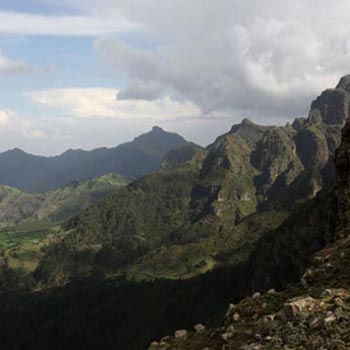 7D/6N
7D/6N
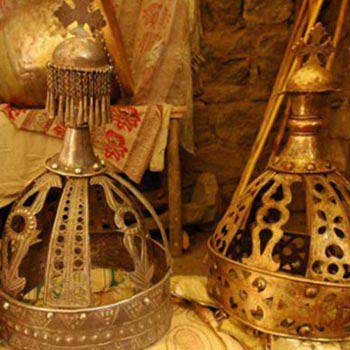 16D/15N
16D/15N
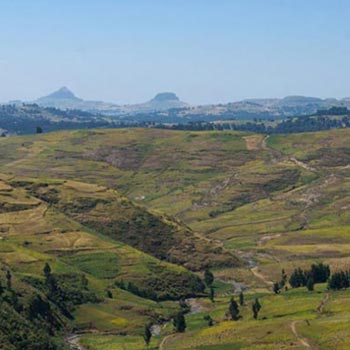 13D/12N
13D/12N
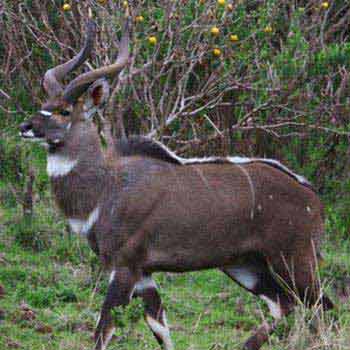 12D/11N
12D/11N
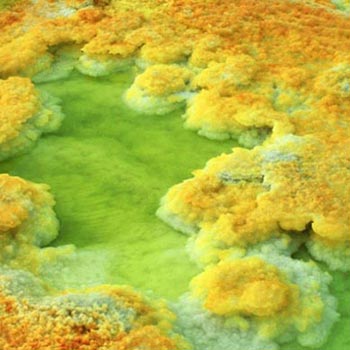 5D/4N
5D/4N
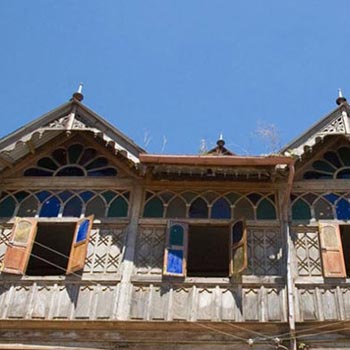 16D/15N
16D/15N
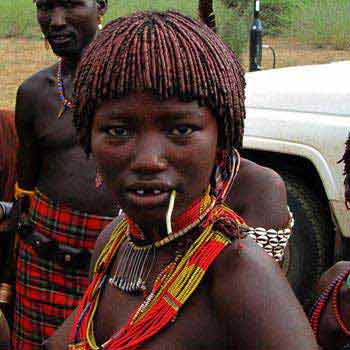 12D/11N
12D/11N
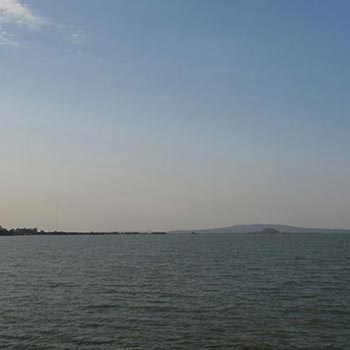 15D/14N
15D/14N
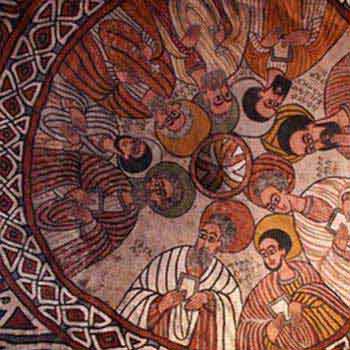 12D/11N
12D/11N
 6D/5N
6D/5N
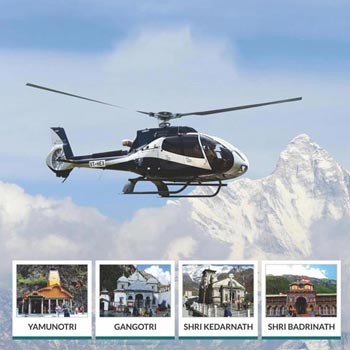 6D/5N
6D/5N
Chardham Yatra By Helicopter Tour
Yamunotri - Gangotri - Kedarnath - Badrinath
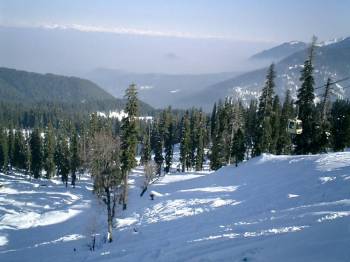 6D/5N
6D/5N
Srinagar,Pahalgam,Gulmarg,Sonamarg,Srina..
Srinagar - Pahalgam - Gulmarg - Sonamarg
 6D/5N
6D/5N
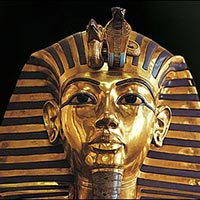 6D/5N
6D/5N
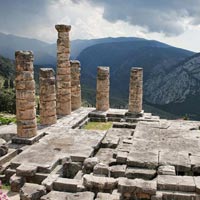 6D/5N
6D/5N
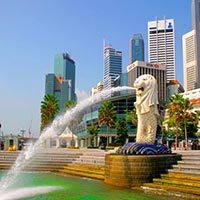 6D/5N
6D/5N
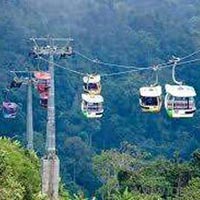 6D/5N
6D/5N
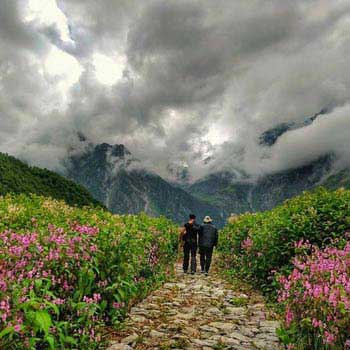 6D/5N
6D/5N
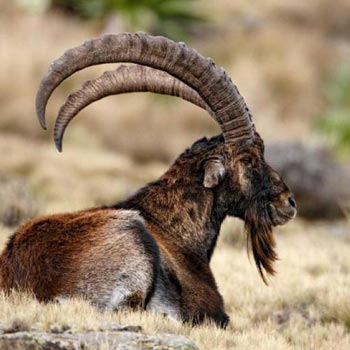 15D/14N
15D/14N
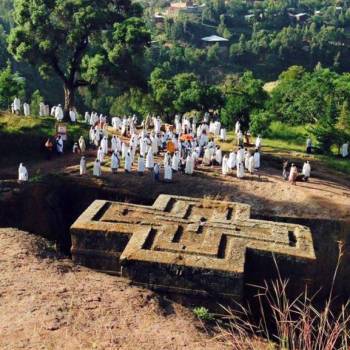 8D/7N
8D/7N
Addis Ababa - Axum - lalibela - Gondar - Bahirdar - Hawzen - wukro - mekele
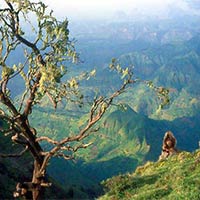 12D/11N
12D/11N
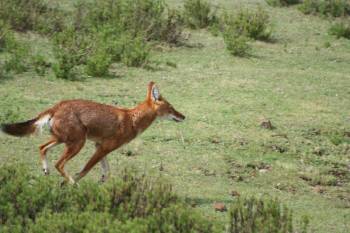 8D/7N
8D/7N
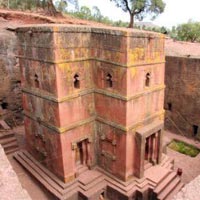 13D/12N
13D/12N
Bahir Dar - Axum - Adigrat - Addis Ababa - Gonder - Mekele
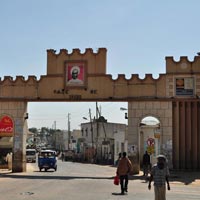 6D/5N
6D/5N
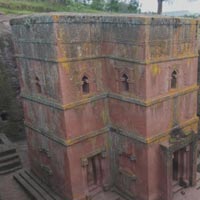 4D/3N
4D/3N
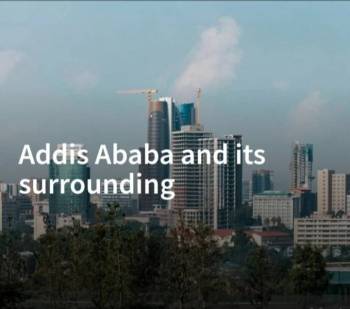 8 Hours
8 Hours
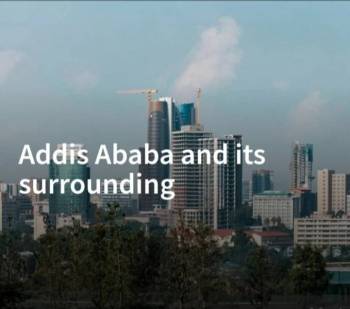 8 Hours
8 Hours